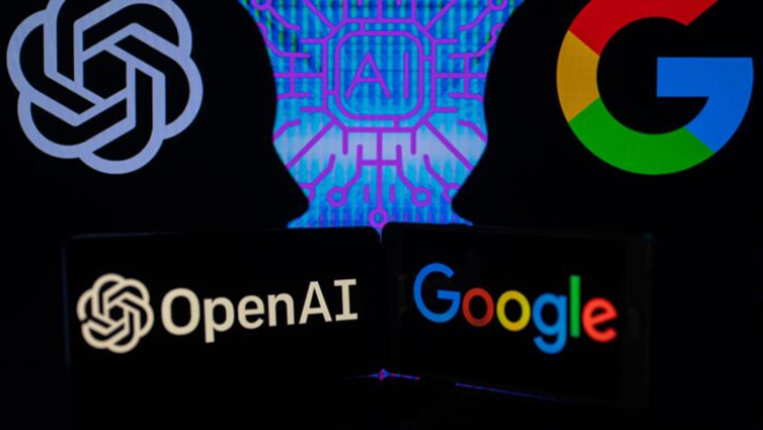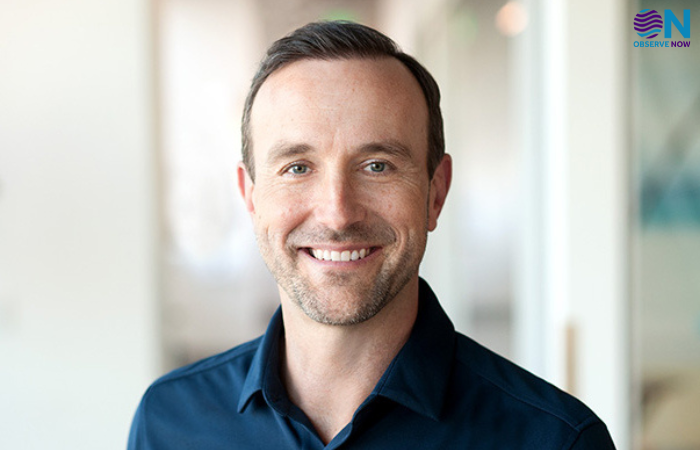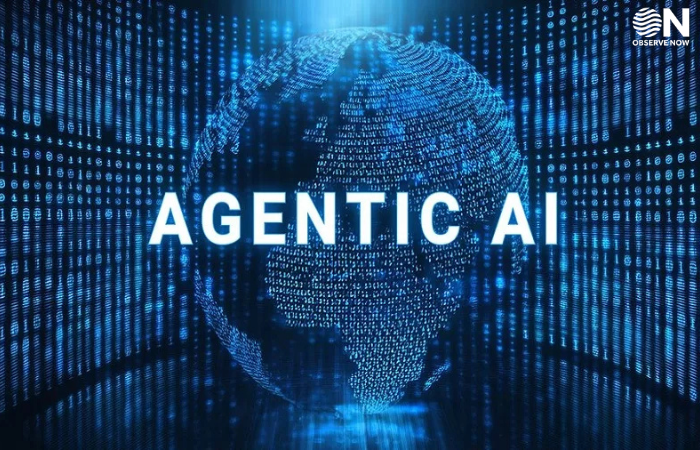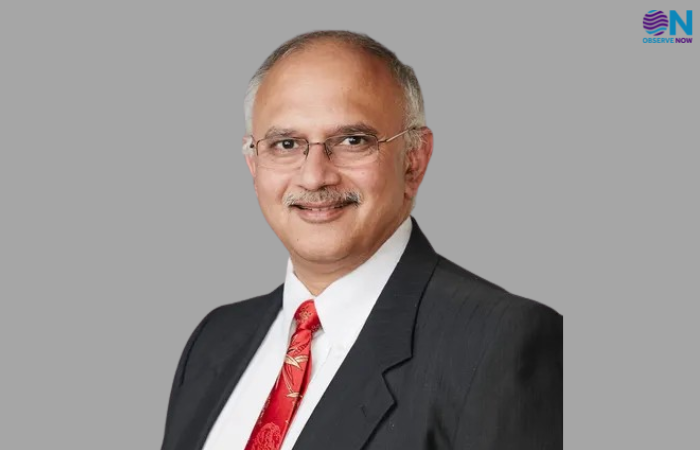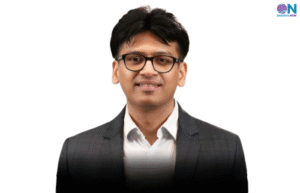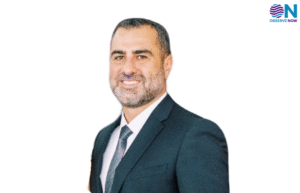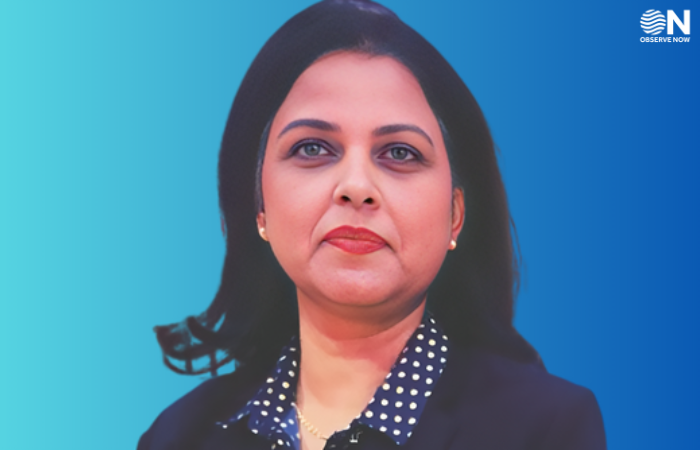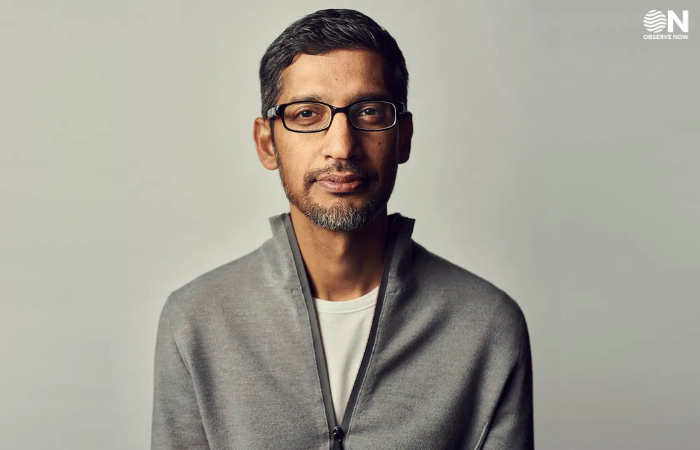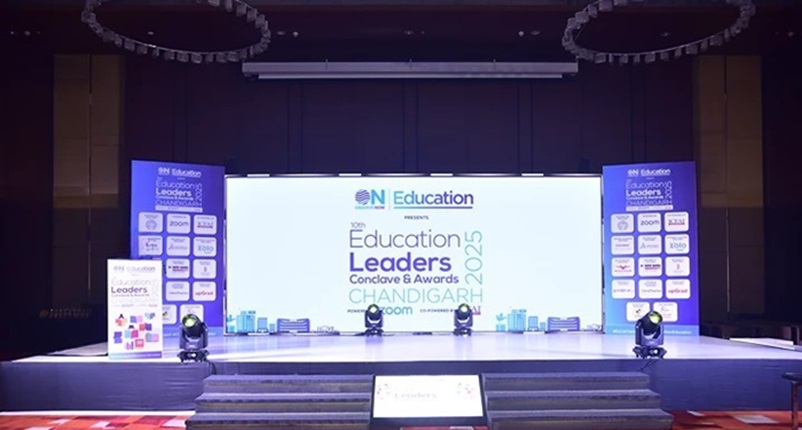The 10th edition of the Education Leaders Conclave & Awards (ELCA), hosted by ObserveNow in Chandigarh on June 5, 2025, concluded on a high note. Under the banner “Higher Education 4.0: The AI Revolution,” the event delivered an enriching experience for over 150 higher education leaders, policymakers, institutional heads, and industry experts. This gathering firmly cemented ELCA’s reputation as a top-tier platform for spearheading conversations around AI-led transformation in higher education.
The day’s proceedings began with an illuminating lamp-lighting ceremony, followed by keynote remarks from Ms. Taniya Tikoo, Co-founder & Editor-in-chief, ObserveNow through a video note. Ms. Tikoo stated, “It started about nine editions ago, and nine editions that have been completed in a mere timespan of one and a half years. The idea behind is to understand the changes that are taking place in the education landscape, what kind of service providers are there for education and what is the need of the hour for educational institutes to collaborate with the right kind of service providers. As ObserveNow, we become a catalyst to put these two stakeholders together and witness the education revolution”.
“It’s very selective in terms of who we bring to our conversations, our conferences. We select the right set of stakeholders who have the right products and services to place in the higher education industry in India, which actually adds value, and significantly enhances the quality of education at higher education institutes. We also select the most unique and the highest performing universities across India who have a lot of knowledge to share in these forums and give us the best practices with which they are developing the new India, the BHARAT”. Ms. Tikoo added.
Prof. (Dr.) Keshav Sharma, Vice Chancellor, ICFAI University, Himachal Pradesh then took the command and spoke about AI in education. He said, “Artificial intelligence is the catalyst for transformation, artificial intelligence is not merely an adjunctivity, but a central pillar in this transformation. It is revolutionising education by personalising learning, enhancing adaptive efficiency, facilitating real time feedback and supporting life long learning in our global market, the market size in the global education market, is projected to grow from 4.7 billion in 2024 to 7.57 billion in 2025 adds an increase of 38.4%. Long-term outlook anticipated to reach 30.28 billion by 2029 driven by the artificial intelligence Power learning analytics. The student engagement with the AI tools estimates that 68% of the students currently report using AI tools like the Chatgpt, Grammarly and Microsoft for academic tasks”. His insightful addresses emphasized the essential role of AI integration in revolutionizing both academic and administrative functions.
Four high-impact panels later drove deeper into crucial aspects shaping the future of higher education. From talking about human-AI collaboration to diving deep into future-proofing higher education, there was something for everyone. The first panel sat on the topic, Human–AI Collaboration – Moderated by Manish Prateek, Pro-vice chancellor, DBS Global University, the panel included luminaries like Dr. Picheswar Gadde (Lingaya’s Vidyapeeth), Dr. Sunil Rai (UPES, Dehradun), Mr. Gurinder Singh Bahra, Vice Chairman, Rayat Bahra Group, Mr. Manik Kathuria, Enterprise Account Director, Coursera for Campus, Prof. Manpreet S. Manna (Chandigarh University), Dr. Anshu Kataria (Aryans Group of Colleges), Mr. Gurkirat Singh, Executive Director, Gulzar Group of Institutes, and Prof. (Dr.) Shweta Agarwal, Principal, Faculty of Pharmaceutical Sciences, ICFAI University.
This panel delved into the evolving relationship between human intelligence and artificial intelligence in the education sector. Panelists emphasized the need for faculty reskilling, citing that only 38% of educators in India feel equipped to teach in AI-integrated environments. Discussions revealed that institutions using AI for personalized learning paths reported a 30% improvement in student engagement and retention. The ethical implications of AI, including algorithmic bias and data privacy, were flagged as critical areas for governance frameworks. They explored the ethical implications of AI in classrooms, challenges in faculty adoption, and how AI can be leveraged for improved learning outcomes, data-driven decision-making, and institutional efficiency, all while preserving the irreplaceable human connection in education.
The second panel laid emphasis on Student Housing & Campus Choices – Led by Sohom Dutta of Zolo Scholar, the discussion explored evolving preferences in student accommodations and its emerging influence on campus branding and student satisfaction. The panel included- Dr. Parvinder Kaur, Pro Chancellor, Lamrin Tech Skills University, Dr. Abhishek Tripathi, Vice Chancellor, CT University, Dr. Shankar Ramamoorthy, Vice Chancellor, Jigyasa University, Dr. Piyush Verma, Registrar, Guru Kashi University, and Dr. Esha Bansal, Asst. Professor & Nodal Officer, ICFAI University.
This session focused on the shifting dynamics in student housing and how it plays a key role in institutional branding and student experience. Panelists noted that over 65% of students now factor in housing quality and campus amenities when selecting a university, particularly among Gen Z learners. Institutions investing in smart accommodation systems have seen up to 20% improvement in parent satisfaction scores. Mental health amenities, co-living experiences, and seamless campus access were cited as non-negotiables in the post-pandemic student housing experience. The discussion also touched upon smart infrastructure, digital access, and sustainability as growing priorities for modern campus residences. The idea of “campus as a service” emerged, where housing is integrated with academic and wellness offerings to boost student satisfaction and retention.
The third group focused on AI & Globalization in Education where Experts examined how AI is fueling cross-border learning, connectivity, and campus experience enhancements. The Indian government’s push for global recognition via the NEP 2020 framework and partnerships has led to a 25% rise in international collaborations in just two years. Panelists noted how tools like Zoom, Coursera, and Dassault Systèmes now facilitate global classroom experiences for over 10 million Indian learners. Language accessibility via AI translation tools was shown to improve course completion rates by up to 18% in multilingual regions. Real-world use cases presented by industry partners demonstrated how AI solutions are enhancing curriculum design, student engagement, and campus operations.
The session was notably enriched with contributions from companies like Zoom, Coursera, Dassault Systèmes, Zolo Scholar, and upGrad, who presented targeted industry solutions. Esteemed panelists included- Dr. Sandeep Sharma, Pro vice chancellor, Dev Bhoomi Uttarakhand University, Dr. B.S. Bhatia, Pro chancellor, RIMT University, Prof. Dr. S.C. Vaidya, General Secretary, Goswami Ganesh Dutta Sanatan Dharma College, Dr. Chander Prakash, Group pro vice chancellor, Rayat Bahra University, Prof. Dr. Maninder Singh, Dean, Thapar University, Dr. Saurabh Sharma, Director-Principal, Shiva Group of Institutes, Dr. Abul Hassan Khan, Dean Management, Indus International University, and Mr. Anand Bala, SMB Sales Leaders, India and SAARC, ZOOM.
The final discussion was held on the topic, Future-Proofing Higher Education- This panel was moderated by Dr. Gaurav Kumar, Associate Director- Plaksha University. All the esteemed panellists include- Mr. Tarun Gupta, Director Operations, Shoolini University, Mr. Subarno, Assistant Director, OP Jindal Global University, and Mr. Kapil Chugh, SVP, Jio.
This final panel tackled the urgent need for institutions to build agility, resilience, and relevance in a rapidly evolving educational landscape. A 2023 AICTE survey found that less than 40% of Indian universities have updated their curriculum in the last 3 years to reflect new-age skills. Institutions that have embedded interdisciplinary programs report a 1.5x increase in graduate employability. Panelists discussed the rise of micro-credentials and stackable degrees — with Coursera reporting a 63% increase in Indian learners enrolling in certificate programs alongside traditional degrees. The panel also explored partnerships with the private sector and startups to ensure academic offerings remain future-ready. A strong emphasis was placed on rethinking pedagogy, institutional governance, and long-term planning to navigate the disruptions of tomorrow.
The event featured active participation from key partners: Zoom (Powered by), ICFAI University (Co-powered by), Coursera for Campus, Dassault Systèmes, Zolo Scholar, upGrad, The Association of Indian Universities, Wadhwani Foundation, Scholar Zolo, CodeTantra, YourDost, Strides Pleasin Foundation, and more. Their presence bolstered conversations on campus innovation, student support, and digital infrastructure.
Participants praised the conclave’s seamless organization and depth of content. Many highlighted the value of discussions bridging AI advancements with ground realities of student welfare, space innovation, and institutional agility. The awards ceremony was seen as a vital acknowledgment of holistically integrating technology in education.
As ELCA completes its 10th edition journey, ObserveNow has reaffirmed its commitment to fostering dialogue and recognizing excellence within the education sector. With the next edition scheduled for Hyderabad in August 2025, this Chandigarh conclave has laid a robust foundation for advancing the Higher Education 4.0 agenda across India and beyond.
In summary, the 10th Education Leaders Conclave & Awards emerged as a milestone converging academic visionaries, tech leaders, and policy stewards to navigate the future of AI-powered higher education celebrating innovation, championing collaboration, and setting the stage for sustainable, student-first transformation.


